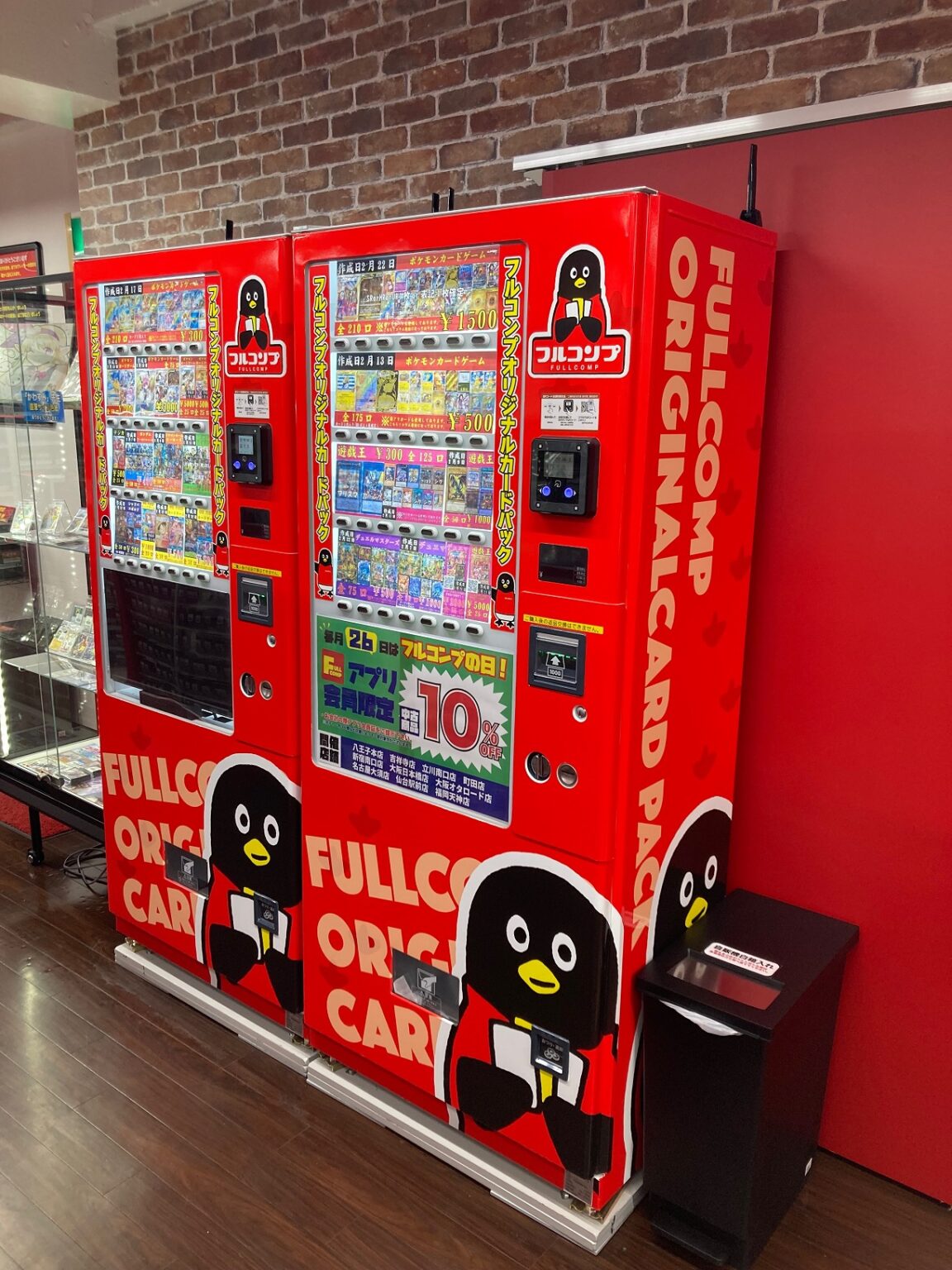Digital Vending Machine Investment Tax Advantages
페이지 정보

본문
Investing in digital vending machine businesses can unlock a surprisingly robust set of tax advantages that many investors overlook
These advantages arise from the IRS’s treatment of the equipment, the business type, and the adaptability of ownership structures
By comprehending and strategically exploiting these incentives, investors can enlarge their after‑tax returns and hasten the expansion of their vending portfolios
Depreciation: Turn Capital into Cash Flow
Digital vending machines are treated as property with a useful life of 5 to 7 years, depending on the equipment type
The IRS permits accelerated depreciation via the Modified Accelerated Cost Recovery System (MACRS)
If the machines qualify, トレカ 自販機 you can deduct a sizable share of their cost early, sharply cutting taxable income
For example, a $10,000 machine could produce a first‑year deduction close to $4,000 via the 5‑year MACRS schedule
Even after depreciation concludes, the machines hold resale value, creating a secondary revenue stream
Section 179 Expensing
Section 179 permits you to expense the entire cost of qualifying equipment—up to $1,080,000 in 2024—rather than depreciating it over time
This is especially strong for digital vending machines because the tech often is classified as "qualified property"
If you buy a collection of machines for $20,000, you can instantly deduct the total, assuming your yearly equipment purchases don’t exceed the Section 179 ceiling
This immediate write‑off can convert a year‑long depreciation into a one‑time tax shield, releasing funds for growth or debt payoff
Bonus Depreciation
Alongside Section 179, the IRS supplies 100% bonus depreciation for new and used equipment bought between 2018 and 2027
This means you can deduct the full cost of a machine in the first year, no matter its useful life
Given that digital vending machines are regularly upgraded, bonus depreciation can be used on each new buy, enhancing cash flow even more
Operating Expense Deductions
Beyond the hardware, every cost involved in operating a vending business is deductible
This encompasses maintenance, restocking supplies, electricity, rent (if you lease a location), insurance, and promotional costs
By meticulously tracking and itemizing these costs, investors can cut taxable income substantially
As an illustration, if a machine earns $12,000 yearly and has $4,000 in operating costs, the net income before depreciation totals $8,000
After using depreciation or Section 179, taxable income can get close to zero
Pass‑Through Taxation and the Qualified Business Income Deduction
Most digital vending machine businesses run as pass‑through entities—S corporations, partnerships, or single‑member LLCs—so profits pass directly to owners’ personal returns
This setup eliminates double taxation
Further, the Tax Cuts and Jobs Act allows eligible pass‑through entities to take a QBI deduction of up to 20%
If your vending operation qualifies, you could cut taxable income by an additional 20%, as long as your income stays within the deduction thresholds
State and Local Incentives
A lot of states offer tax credits or rebates to companies that invest in technology, automation, or local distribution

Digital vending machines, especially those that use IoT or contactless payment, might qualify for these incentives
Investigating local economic development initiatives can unearth more credits that lower the effective tax burden
1031 Like‑Kind Exchanges for Large Inventories
If you grow your vending fleet substantially—like buying many machines or an entire vending company—you might consider a 1031 exchange
Though traditionally applied to real estate, recent IRS guidance permits certain business equipment, including vending machines, to qualify as like‑kind property
By channeling proceeds from a sale into new machines, you can defer capital gains taxes and retain more capital for growth
Strategic Timing and Record Keeping
Tax benefits peak when purchases and deductions are timed strategically
As an example, purchasing new machines at the start of the year lets you use Section 179 and bonus depreciation in the same tax year
Also, maintaining detailed records—receipts, invoices, and depreciation schedules—is vital for proving deductions in an audit
Many investors employ accounting software that syncs with their vending platform, automatically capturing transaction data and generating tax reports
Conclusion
Digital vending machine enterprises present a tax landscape that, when expertly navigated, can markedly increase after‑tax returns
Accelerated depreciation, Section 179 expensing, bonus depreciation, operating expense deductions, pass‑through taxation, state credits, and 1031 exchanges all blend to turn vending into a tax‑efficient investment vehicle
By keeping up with current IRS rules, using technology for precise record keeping, and consulting a qualified tax professional, investors can transform each vending machine into a potent engine of tax‑free cash flow
- 이전글5 Killer Quora Answers To Auto Locksmith Car 25.09.12
- 다음글A Comprehensive Guide to Winning at Online Slots in Thailand 25.09.12
댓글목록
등록된 댓글이 없습니다.
